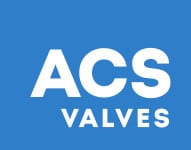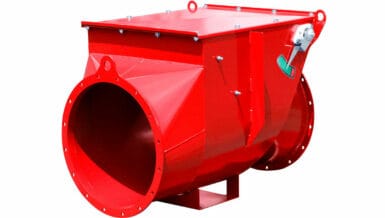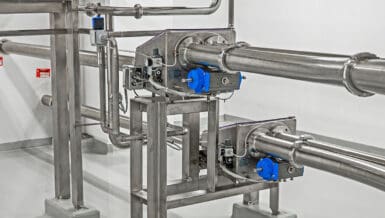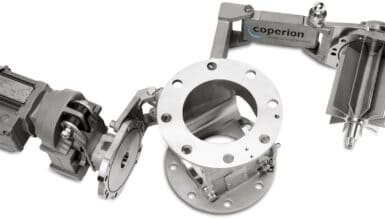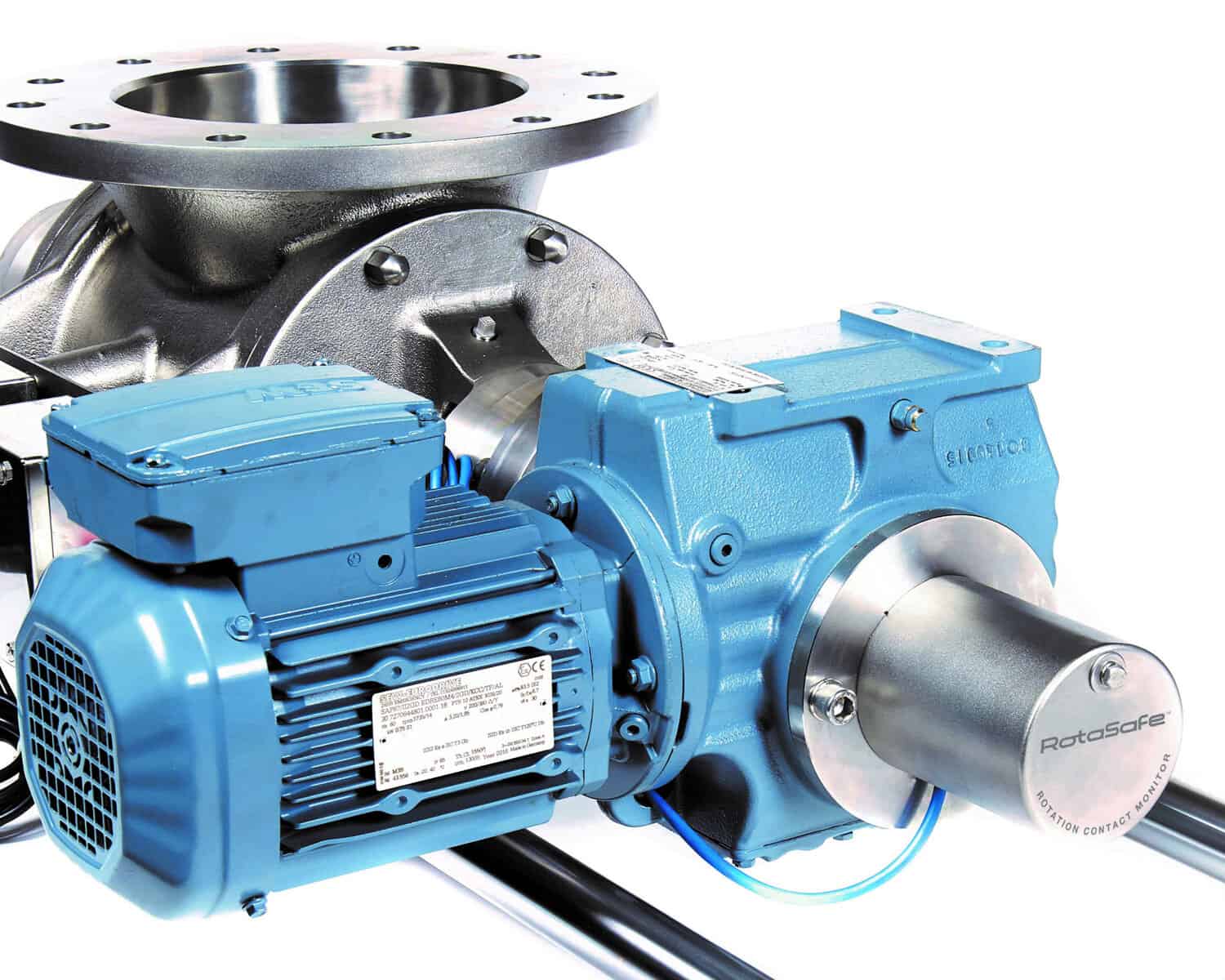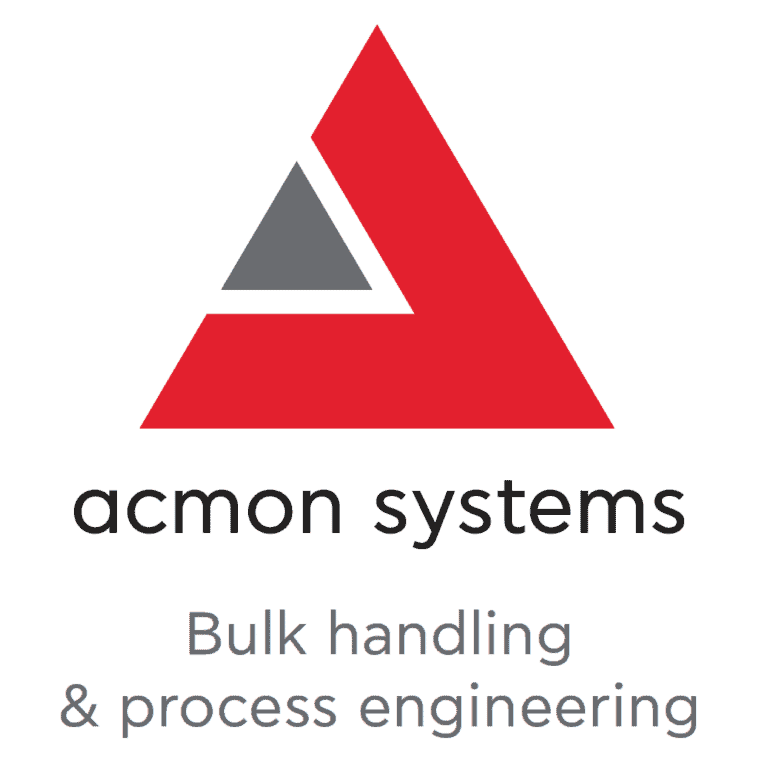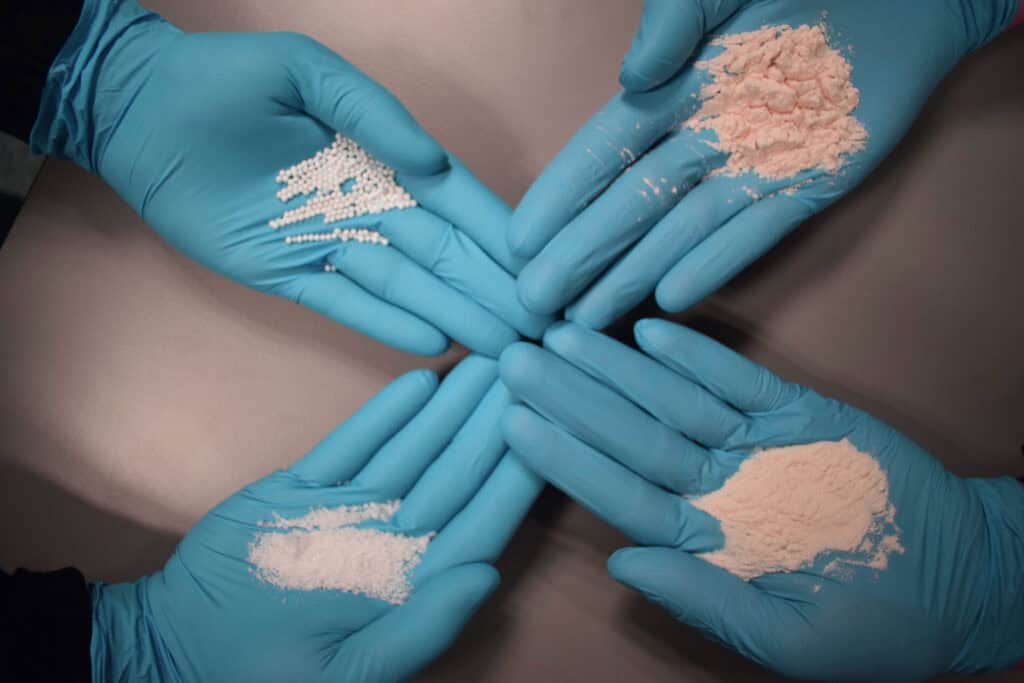It does involve shaping and assembling many complementary parts, each one crafted with care and precision. One mistake could lead to malfunctions, wasted money or critical failures down the line.
To make sure nothing goes wrong, three roles are instrumental in the manufacturing process: machinists, welders, and millwrights. All three must have the right credentials to prove they have the knowledge and proficiency to do the job.
What could possibly go wrong?
There’s a bit of overlap in the skills required for machinists, welders and millwrights — for example, they must all be able to read blueprints. This tells them how all the complex, intricate parts of a valve need to be sized and fit together. They also reference the drawings throughout the day to ensure every single part looks as it should.
So, what happens when manufacturers aren’t properly certified? Unqualified manufacturing leads to mismatched parts, improper fit, and a poor finish. That’s a recipe for a shoddy valve. The wrong tolerances could also cause clogs or leaks in your conveying line, wasting your time and money.
Machinists: Eagle eyes
First of all, our rotary valves are either made from steel castings or hand fabricated. Machinists work with the steel lasered parts and valve castings, performing the final machining before all parts are ready for assembly. Because accuracy is so critical, they must properly maintain and calibrate their precision measuring instruments and immediately report any deviations from the specs.
The machinist uses a CNC machine and other types of machine tools to form the metal into highly precise shapes and tolerances. As part of their certification, machinists must demonstrate a high level of skill in proper machining practices and the tolerances of machine parts.
Welders: Handling the heat
Welders, also known as fitters, take laser-cut pieces of steel and fabricate them together. They must be trained to safely operate a wide range of arc welding, flame-cutting, brazing and soldering equipment, as well as metal shaping machines — “safely” being the keyword.
Our welders are tested to qualified procedures for the steel and stainless steel fabrication we perform in-house.
Millwrights: Puzzle solvers
When the machinists and welders are done, a millwright takes the finished parts and assembles the rotary valve into its final form. At this stage, it’s important to check tolerances to ensure the valve will convey the material as it should.
Millwrights generally also need machining and welding experience, but they also must be trained in pneumatics, proper fit and fasteners, tolerances and machine assembly. The millwright will also be the one to perform any repair or maintenance on the valve if needed.
How does ACS ensure quality?
ACS Valves employs certified machinists, welders, and millwrights, as well as talented apprentices, who religiously inspect valves for the best possible quality. They must all be proficient at reading blueprints, handling machines and using the tools of their trade. In many cases, we use third-party consultants to test and verify their skills.
We choose laser and water-cut parts for added precision and strength. As soon as parts or raw materials are delivered to our door, we check them to ensure they meet our specifications before we start the manufacturing process.
Each part of the rotary valve is rendered in AutoCad and SolidWorks. As we mentioned before, these drawings are used as a reference throughout the process, including the final inspections for quality control.
Street cred
ACS Valves is a great company to work for if we do say so ourselves, and we attract some of the best talent you can find in manufacturing. We take pride in our products, and that pride is evident throughout the company. That’s why our machine shop is stacked with some extensively trained and experienced tradespeople.
It’s also why we continuously upgrade the tools, machinery, and facilities our tradespeople need to do great work. We believe in providing our staff with an exceptional work environment to help them become more productive and engaged in the final product that goes out the door.




